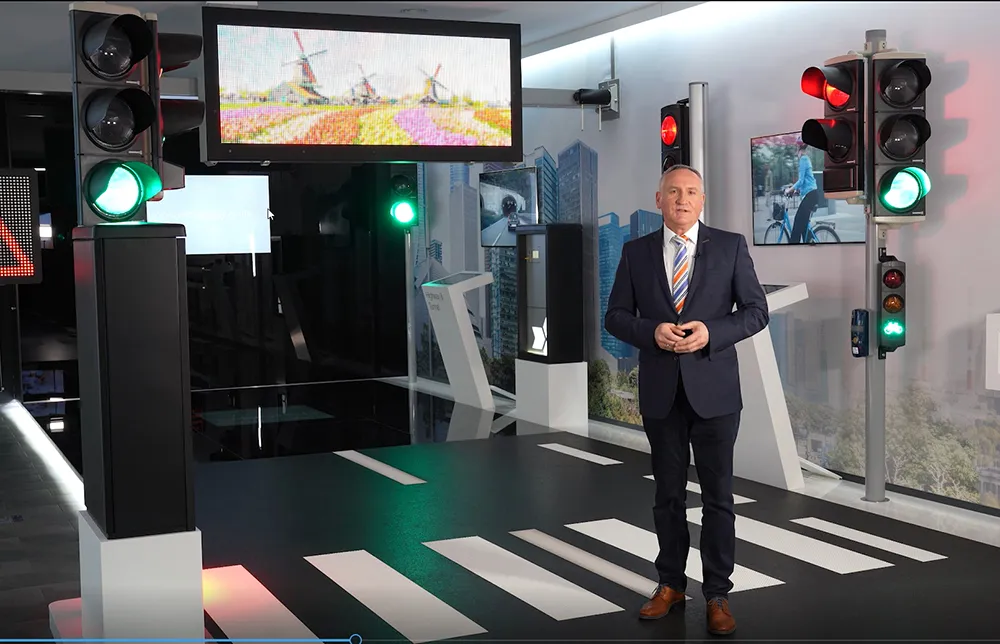The new system was integrated with the parking systems of Nedap partners
City councillor Heinz Tännler explains: "The Zug parking guidance system is an asset in several ways. It relieves the city from unnecessary search traffic, helps to save fuel and optimises the availability of existing parking facilities. In short, the new solution is an advantage for many. These benefits have a major impact on the city of Zug, which as an attractive canton capital and economic engine of the region relies heavily on the good accessibility of the city."
Smart parking in Zug
Nedap’s parking solution for the Swiss city of Zug utilises its Sensit in-ground wireless parking bay sensors to provide real-time occupancy information, which is displayed on dynamic messages signs to guide drivers to available spaces.
The new system was integrated with the parking systems of Nedap partners Hectronic and Swarco and enables the city’s parking capacity to be enforced effectively.
February 10, 2015
Read time: 1 min









